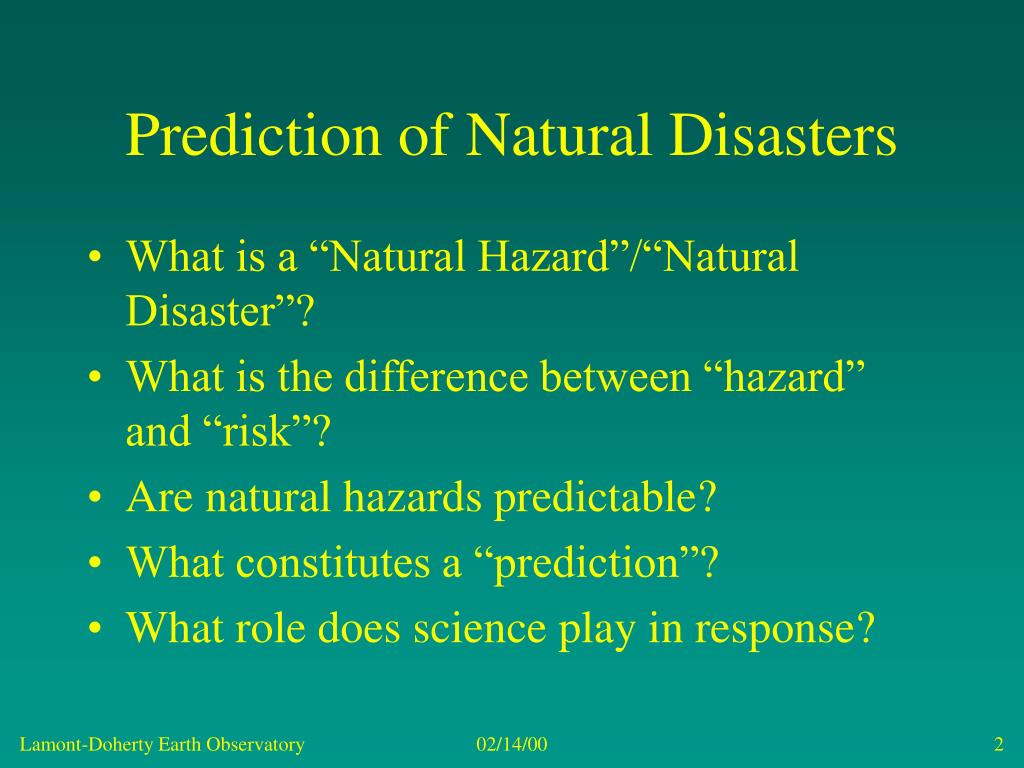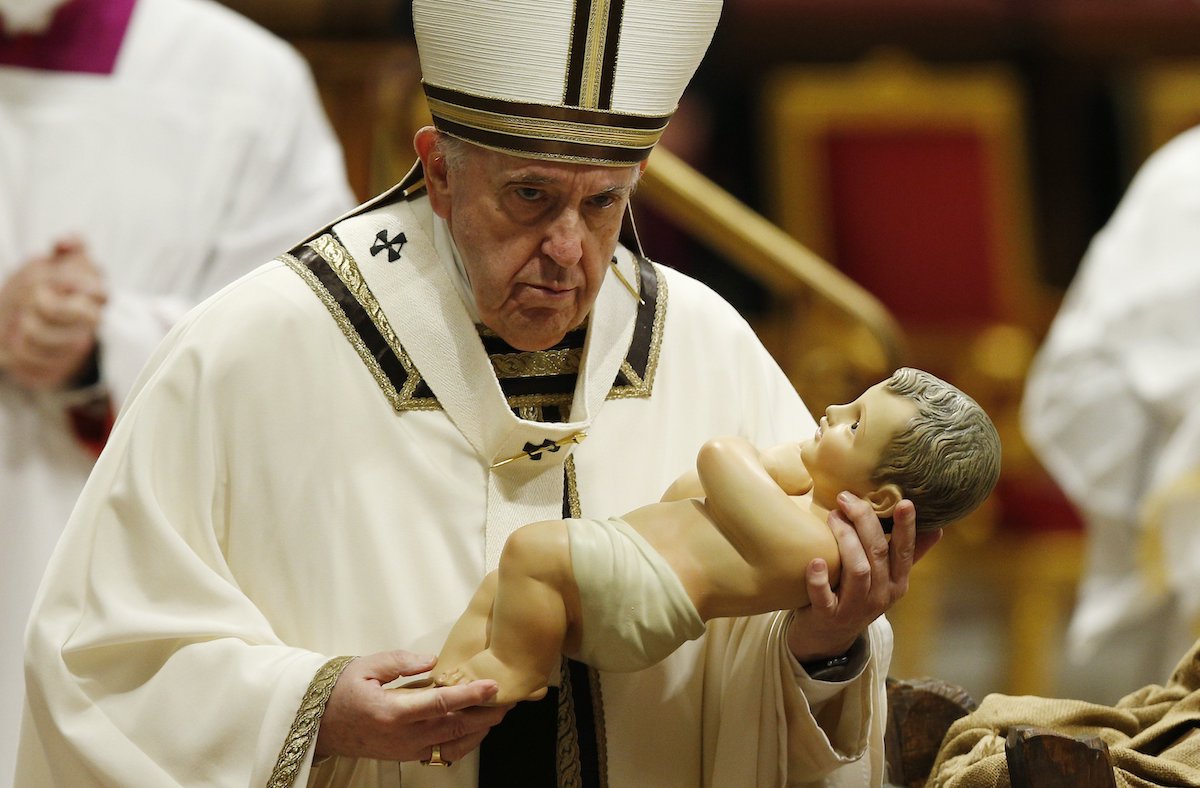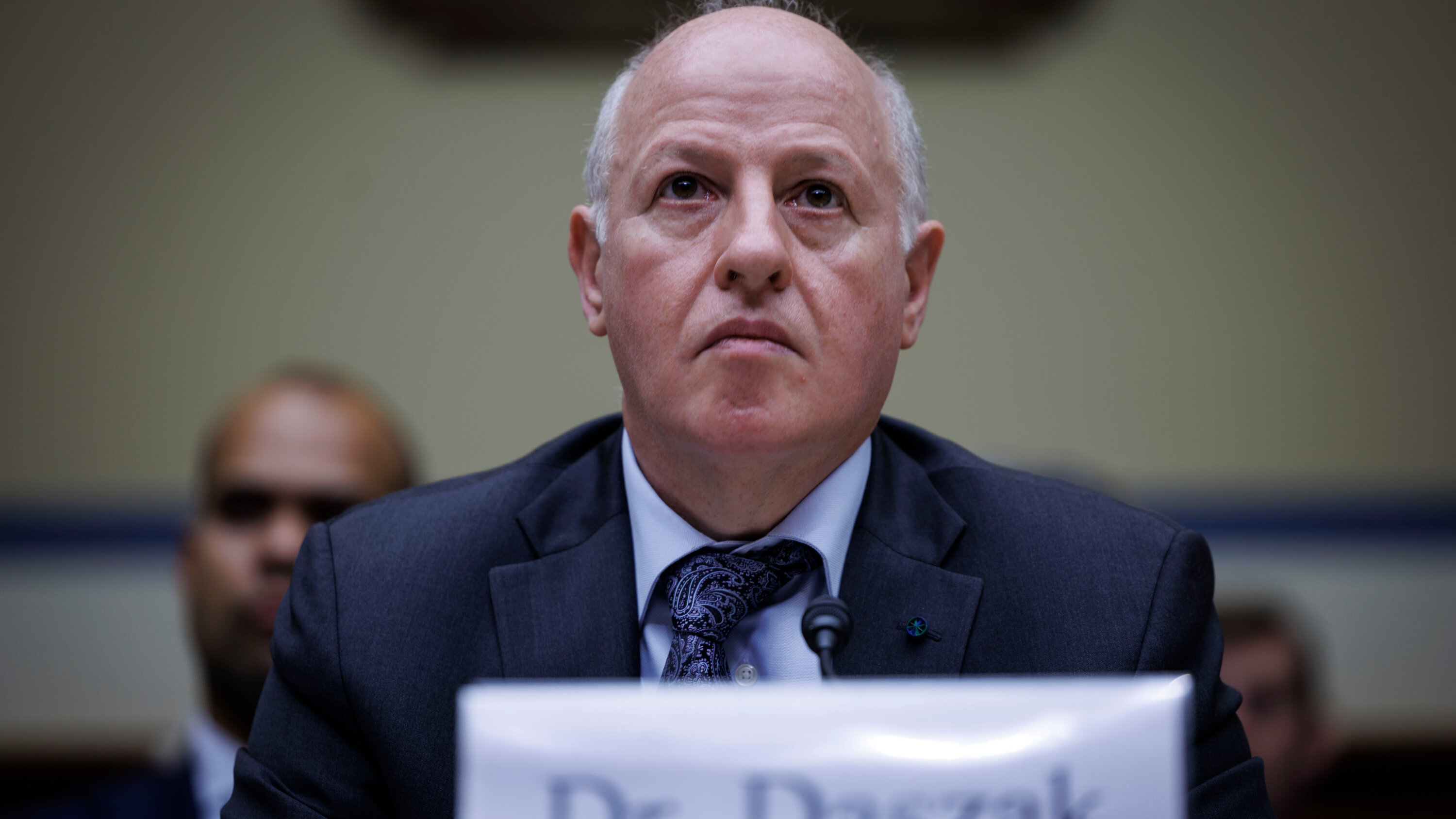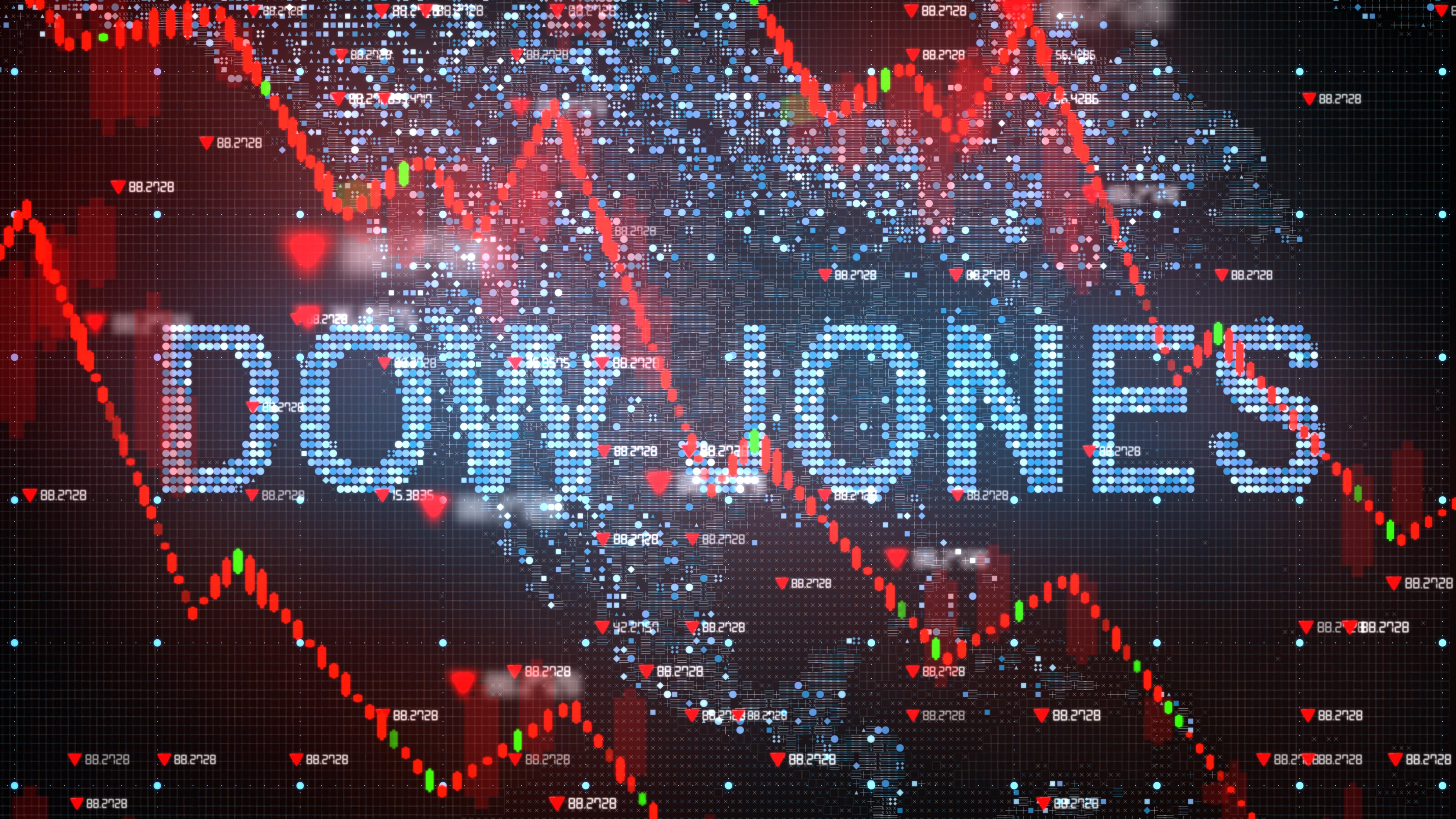Is Betting On Natural Disasters Like The LA Wildfires A Sign Of The Times?

Table of Contents
The Rise of Disaster Betting Markets
The increasing frequency and intensity of natural disasters have coincided with the emergence of prediction markets and online platforms allowing individuals to wager on the likelihood and severity of such events. This isn't limited to wildfires; betting on hurricanes, earthquakes, and floods is also gaining traction. These markets offer a range of bets, including:
- Date of occurrence: Betting on the precise date, or a range of dates, when a specific disaster will strike.
- Intensity: Wagering on the magnitude of the event – for example, the strength of a hurricane or the area burned in a wildfire.
- Affected area: Predicting which regions or cities will be most severely impacted.
The legality and regulation of disaster betting vary considerably across jurisdictions. While some countries may have explicit prohibitions, others operate in a legal gray area, leading to concerns about oversight and potential manipulation. Several online platforms facilitate this activity, often using sophisticated algorithms and predictive modeling to determine odds.
Ethical Considerations and the Commodification of Suffering
The most pressing concern surrounding betting on natural disasters is the ethical implications of profiting from the suffering of others. This practice raises fundamental questions about the commodification of human tragedy.
- Moral Objections: Many argue that profiting from disasters is morally reprehensible, regardless of the predictive accuracy involved. The act itself trivializes the immense human cost.
- Exacerbating Inequality: The most vulnerable populations, often lacking resources and preparedness, bear the brunt of natural disasters. Betting on these events risks further marginalizing those already struggling.
- Market Manipulation and Misinformation: The potential for manipulating market outcomes through the spread of misinformation or insider knowledge is a significant concern. False predictions could exacerbate fear and chaos.
Disaster Betting as a Reflection of Societal Attitudes
The existence of disaster betting markets suggests a potential detachment from the human consequences of catastrophic events. This raises questions about our evolving relationship with risk and catastrophe.
- Data-Driven Detachment: The readily available information and real-time data on disaster prediction, fueled by advancements in technology and meteorology, contribute to a sense of detached observation.
- Media Sensationalism: The media's often sensationalized coverage of disasters might inadvertently normalize the idea of betting on them, fostering a perception of these events as spectacles rather than human tragedies.
- Social Media's Role: Social media platforms accelerate the spread of information about disasters and betting markets, potentially creating echo chambers and amplifying the trend.
The LA Wildfires as a Case Study
The devastating LA wildfires serve as a potent example. Imagine the various bets that could have been placed: the total acreage burned, the number of structures destroyed, or even the specific neighborhoods most affected. Predictive models based on weather patterns, fuel conditions, and historical data could have influenced betting odds. However, the ethical implications of profiting from the destruction and displacement caused by these wildfires are undeniable. The human cost – the loss of life, homes, and livelihoods – far outweighs any potential financial gain from accurate predictions.
Conclusion
Betting on natural disasters, including events like the LA wildfires, presents a complex ethical dilemma. This practice raises serious concerns about the commodification of suffering, the potential for market manipulation, and a growing societal detachment from the human cost of catastrophic events. While predictive modeling and data analysis play a role in these markets, the ethical implications remain paramount. We must critically examine this trend and consider its long-term consequences. Is betting on natural disasters acceptable? What are the long-term implications of this trend? Share your thoughts and insights in the comments below; let's discuss the future of disaster betting and its impact on society.

Featured Posts
-
 Death Of Pope Francis The End Of An Era
Apr 22, 2025
Death Of Pope Francis The End Of An Era
Apr 22, 2025 -
 Strengthening Bilateral Security China And Indonesia
Apr 22, 2025
Strengthening Bilateral Security China And Indonesia
Apr 22, 2025 -
 Lab Owner Pleads Guilty To Falsifying Covid Test Results
Apr 22, 2025
Lab Owner Pleads Guilty To Falsifying Covid Test Results
Apr 22, 2025 -
 Major Canadian Bread Price Fixing Case 500 Million Settlement Hearing In May
Apr 22, 2025
Major Canadian Bread Price Fixing Case 500 Million Settlement Hearing In May
Apr 22, 2025 -
 Stock Market Today Dow Futures Dollar And Trade War Updates
Apr 22, 2025
Stock Market Today Dow Futures Dollar And Trade War Updates
Apr 22, 2025
